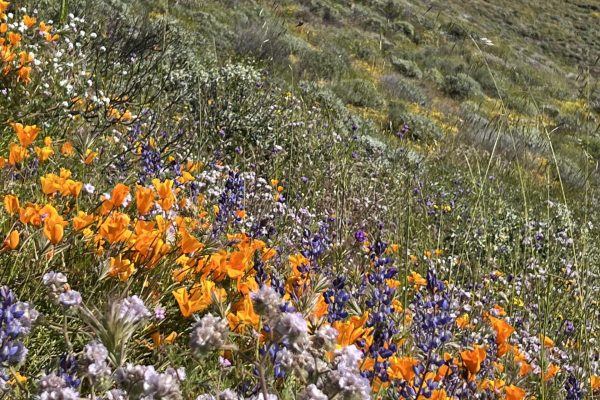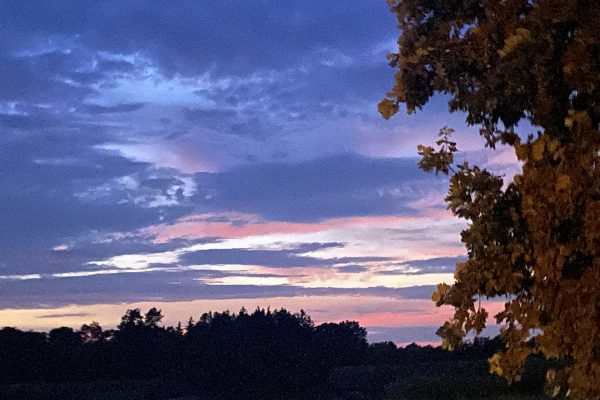When either of my two daughters starts to wear a new pair of shoes, I say to her, “May they take you to interesting places. May they help you run to do mitzvot.”
The first part of the prayer reminds me of the following.
- Benjamin of Tudela, the Jewish traveler, began in 1159 what would become a 14-year journey. He began in Spain and visited, among other places, Rome, Constantinople, Jerusalem, Babel, Baghdad, Susa (Shusan), Mount Sinai, Cairo, and Alexandria. My youngest daughter particularly longs to travel and explore the world.
-
In the Torah, “God said to Abram, ‘Go away from your land, from your birthplace, and from your father’s house, to the land that I will show you.’” (B’reishit 12:1) Some day, each of my daughters’ shoes will take them from their father’s house, from my house. This part of the prayer can be bitter-sweet, because I’m wishing them independence.
The second part of the prayer reminds me of the following. - Abraham, upon spotting three strangers approaching his tent, ran to greet and offer them hospitality. (B’reishit 18:2) Hospitality, hachnasat orchim, is of course a mitzvah.
- “Be…swift as a deer…to carry out the will of your Father in Heaven” (Pirkei Avot 5:23)
- “Run to perform [even] a minor mitzvah…for one mitzvah leads to another mitzvah…for the reward of a mitzvah is a mitzvah….” (Pirkei Avot 4:2)
After I say the prayer, I kiss whichever of my daughters is wearing new shoes. (As I write this, my daughters are 11 and 6.)











